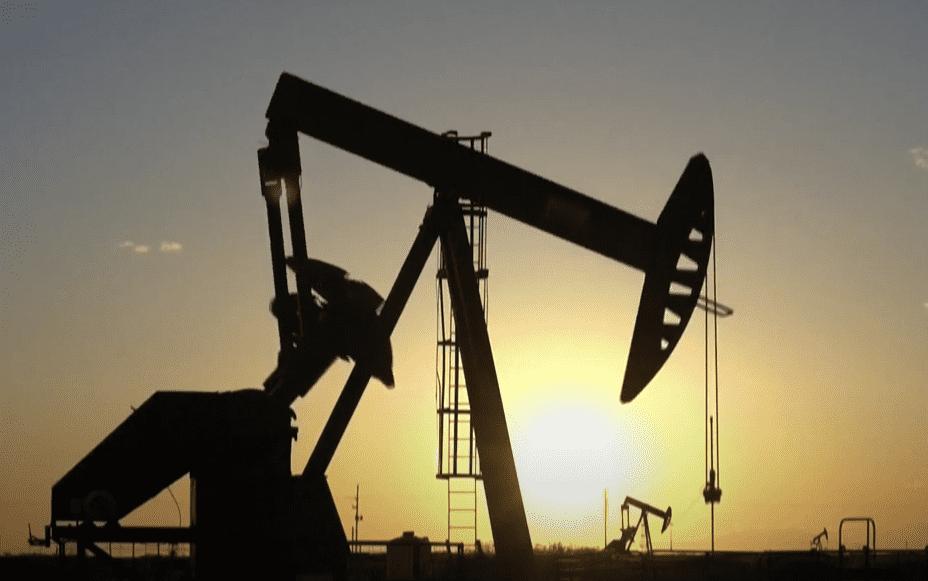
Recently, the tension in the Middle East has escalated suddenly, and this geopolitical change has quickly spread to the global capital market, triggering an unprecedented "market shock".
The escalation of conflict in the Middle East is like a boulder thrown into a calm lake, creating ripples. The US stock market, a bellwether for the global economy, was the first to feel the fallout. The Dow Jones Industrial Average, the Standard & Poor's 500 Index and the Nasdaq Composite index all closed lower, with the Nasdaq leading the way with a decline of more than 1.5 percent, indicating deep concern about the future economic outlook. Large tech stocks, as the market leader, have not been spared, with tech giants such as Nvidia, Apple and Microsoft falling, reflecting the urgent need for investors to seek safety in a high-risk environment.
It is particularly noteworthy that the US stock fear index VIX soared more than 15% on the same day, reaching a high of 19.26, which directly reflects the market's fear and unease about the future uncertainty. The surge in the fear index is not only a direct reflection of market sentiment, but also a signal of increased expectations of market participants about potential future risks.
However, in the context of the general pressure on global equity markets, China concept shares are showing a different scenery. Thanks to a series of policy measures recently introduced by the Chinese government, the Nasdaq China Golden Dragon Index was a bright spot in the market on Tuesday, rising more than 5%. The share prices of leading Chinese companies such as Alibaba, NIO, Xiaopeng Automobile and Ideal Automobile have risen, which is not only a positive response to China's policy support, but also reflects the confidence of international investors in the long-term development prospects of the Chinese economy.
At the same time, the latest data released by the Institute for Supply Management (ISM) showed that the U.S. manufacturing purchasing managers index (PMI) continued to hover below the line of expansion and contraction in September, recording 47.2, which is the sixth consecutive month that the index has been in contraction territory. The significant decline in the new orders index has sounded the alarm for the decline of the US manufacturing industry. The data not only revealed the severe challenges facing the U.S. manufacturing sector, but also raised concerns about the slowing pace of the global economic recovery.
In Europe, while sentiment had been buoyed by news that eurozone consumer price inflation fell to 1.8 per cent in September from a year earlier, falling below the European Central Bank's 2 per cent inflation target for the first time in three years, tensions in the Middle East quickly dampened gains. At the close, Britain's FTSE 100 eked out modest gains, while France's CAC40 and Germany's DAX both closed in the red, showing the caution of European investors in the face of global uncertainty.
The escalation of the situation in the Middle East has undoubtedly intensified the market's concerns about the disruption of crude oil supply. Such concerns directly contributed to the rise in international oil prices, the New York Mercantile Exchange and London Brent crude futures prices achieved more than 2%. The volatility in the crude oil market not only reflects the impact of geopolitical risks on commodity markets, but also highlights the fragility of the global energy security system.
At the same time, the safe-haven asset gold has become the most popular in the market. The sharp rise in December gold futures on the New York Mercantile Exchange is not only a direct response to tensions in the Middle East, but also a reflection of investors seeking a safe haven from global economic uncertainty. The rise in gold prices not only provides investors with opportunities to preserve and increase value, but also further strengthens its status as a safe haven asset.
The escalation of the situation in the Middle East is like a sudden storm, which has a profound impact on the global capital markets. In this storm, we saw the fragility and unease of the market, and also saw the risk aversion and hedging logic between different assets. In the future, as the global political and economic landscape continues to change, the volatility and adjustment of financial markets may become the norm. For investors, how to keep a clear head and make rational decisions in the complex and changeable market environment will be an important issue they must face.

Below is the English translation of the text, with precise handling of political terms, consistent sentence structures, and preservation of the original’s analytical tone and logical flow:
Below is the English translation of the text, with precise …
On December 15 local time, Trump took the British Broadcast…
In recent years, the application of artificial intelligence…
According to Yahoo US media reports, the recent remarks of …
After 11 years of waiting in the deep sea, we finally have …
On December 17, 2025, the newly renovated American "Preside…